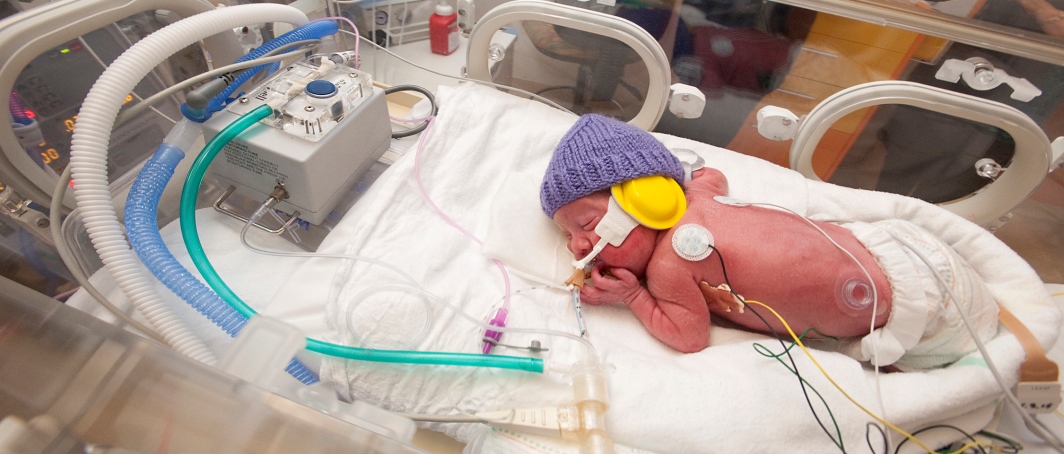Research overview
Preterm birth is the leading cause of death and disability in children under five years age. Bacterial infection accounts for at least 25% of all cases of preterm birth, especially spontaneous preterm births, with the vast majority of these originating in the vagina.
This randomised clinical trial is employing a new diagnostic test to predict women at high risk of preterm birth based on their vaginal microbial DNA profile. Those randomised to the intervention arm of the trial will receive a new antibiotic/probiotic treatment regimen to try and prevent this birth outcome.
This research has the potential to reduce the number of preterm infants born in WA each year by 715 (from a total of 2,383 preterm infants), providing a lifesaving solution for West Australian children that will substantially lower associated infant mortality and morbidity.
Partners
The University of Western Australia
Women and Newborn Health Service
St John of God Hospital Subiaco
Armadale Health Service.
Funders
Channel 7 Telethon Trust
Project timeline
2022



